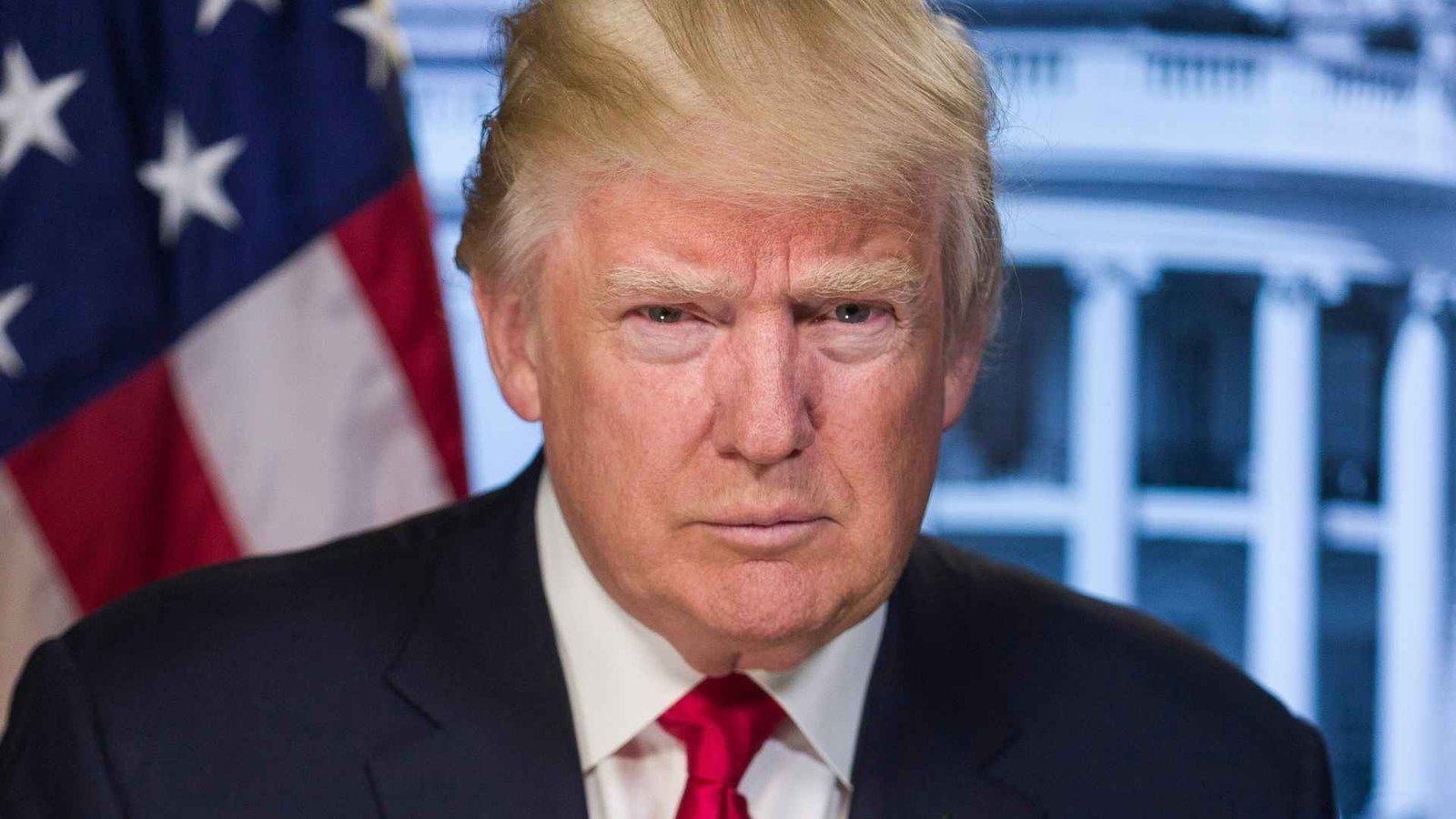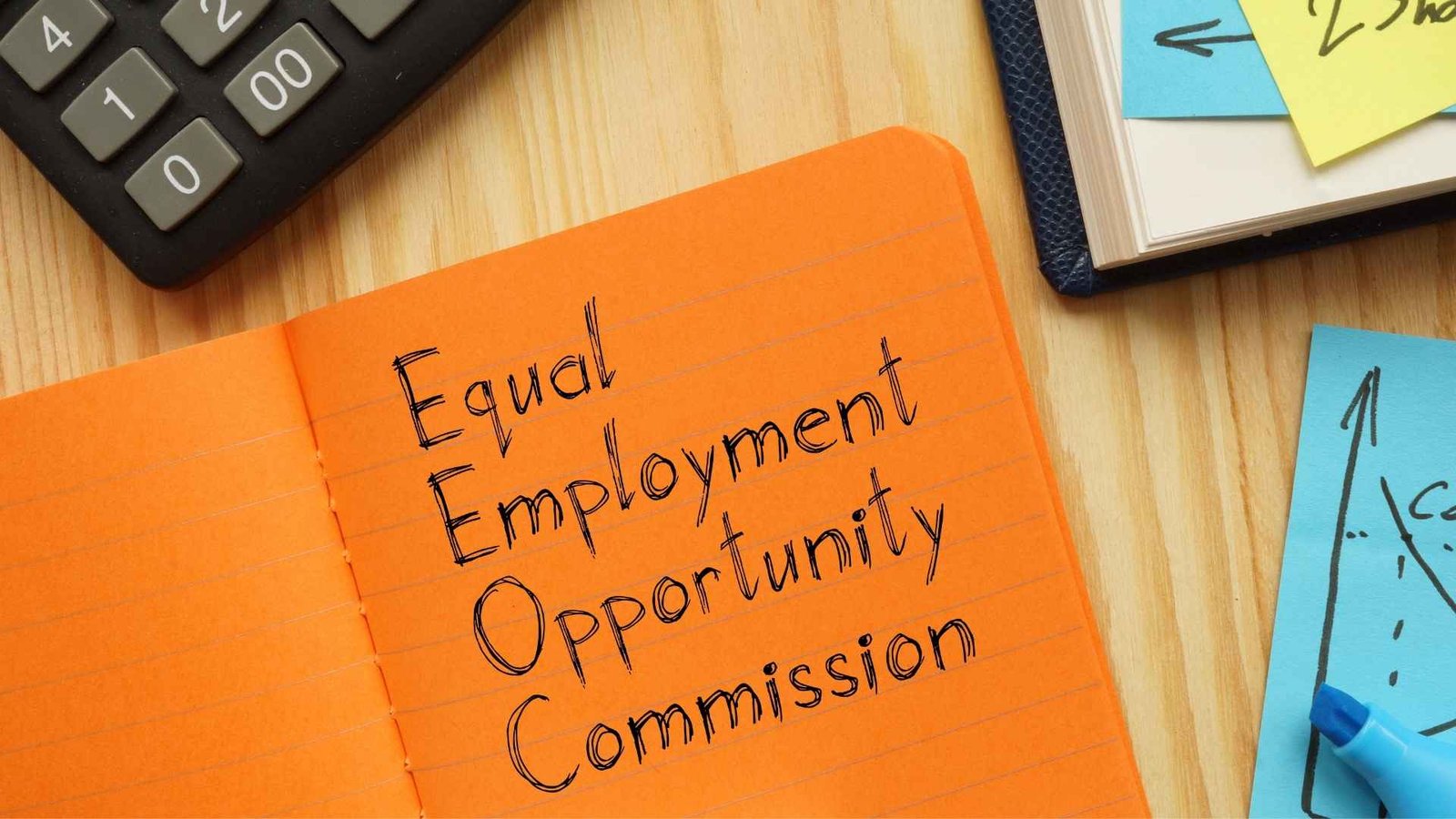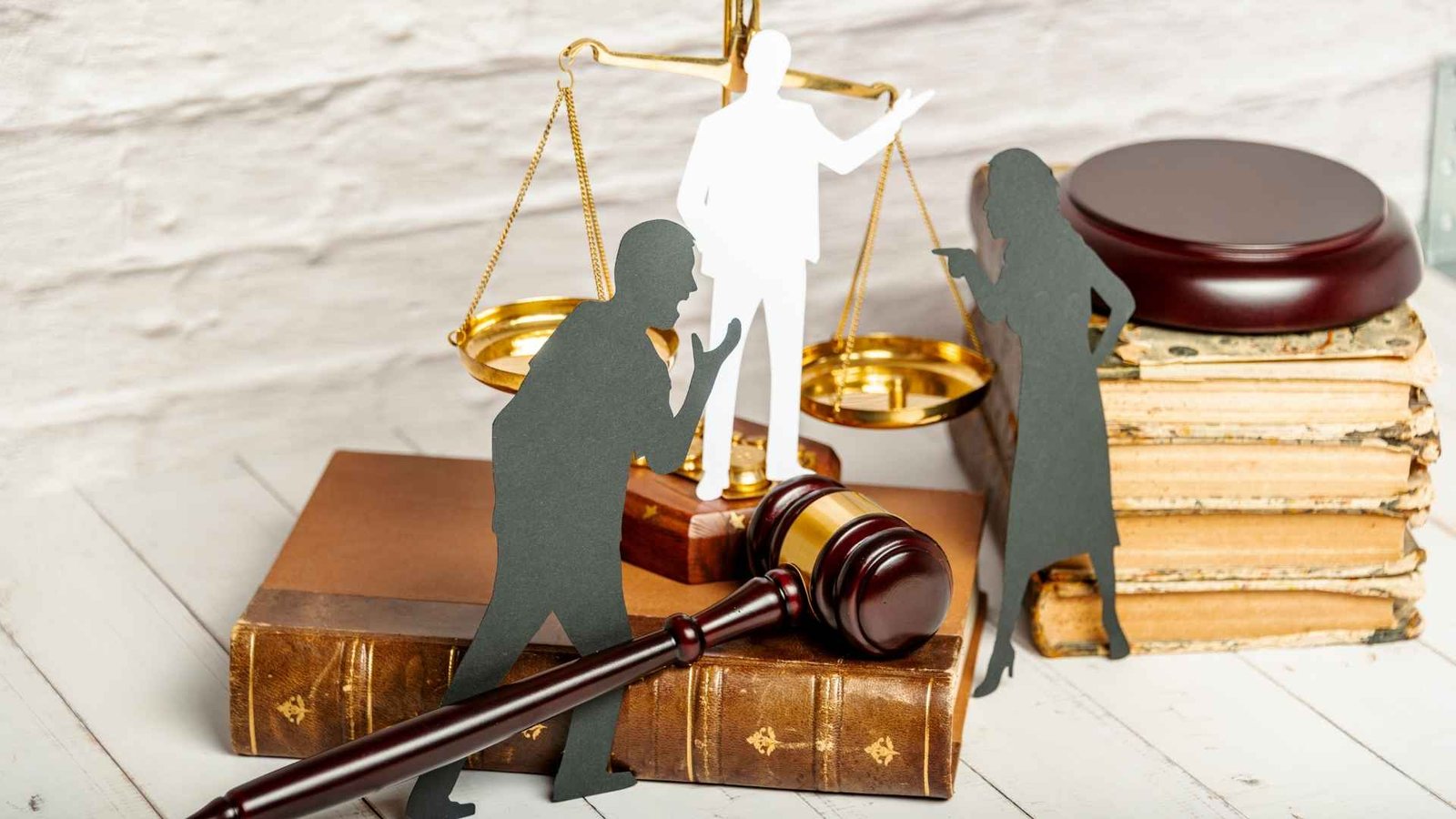On this page you will read detailed information about US Supreme Court to weigh which courts can hear EPA clean air policy challenges.
On Monday, the U.S. Supreme Court agreed to examine whether the U.S. Environmental Protection Agency could direct some cases contesting agency actions aimed at lowering greenhouse gas emissions and air pollution to a Washington court that frequently hears regulatory disputes rather than regional appeals courts that opponents of the agency’s actions prefer.
The Republican-led states of Oklahoma and Utah, along with a number of energy companies, including PacifiCorp PPWLO.PK, appealed a lower-court decision that sent their challenges to the EPA’s “Good Neighbor” smog control plan to the U.S. Court of Appeals for the District of Columbia Circuit. The justices agreed to hear these appeals.
Before declaring the EPA’s move illegal, the justices also agreed to examine whether a federal appeals court in New Orleans should have similarly referred a complaint by small refiners contesting the agency’s refusal of waivers that would have exempted them from national biofuel regulations to Washington.
The Supreme Court’s decision was applauded by Republican Oklahoma Attorney General Gentner Drummond, who said that the Biden administration’s “Good Neighbor” policy burdened his state “with an unwieldy and costly one-size-fits-all plan.”
In the case, PacifiCorp expressed the expectation that the court would “clarify the cooperative authority states and the EPA exercise to implement provisions of the Clean Air Act.”
The cases center on a Clean Air Act clause that assigns the D.C. Circuit as the sole forum for disputes involving “nationally applicable” EPA actions and regulations, while leaving regional appeals courts to handle matters involving only local agency actions.
EPA’s “Good Neighbor” strategy to limit ozone emissions from upwind states was challenged in a number of cases by Republican state attorneys general and industry groups, including the Oklahoma and Utah litigation.
In March 2023, the EPA released a rule requiring actions to reduce pollution that drifts into states downwind. The rule targets gases from power plants and other industrial sources that create ozone, a major component of smog, in 23 upwind states whose own plans did not meet the Clean Air Act’s “Good Neighbor” provision.
In June, the conservative-majority Supreme Court voted 5–4 to suspend the rule’s enforcement while lower courts battled it, at the request of Ohio, Indiana, West Virginia, and a number of industry groups and businesses.
Initially, those states had tried in vain to obtain relief in the D.C. Circuit. However, challenges were filed in regional appeals courts in other Republican-led states, such as Utah and Oklahoma.
Oklahoma and Utah said that the EPA’s denial of their and 19 other states’ air quality plans was a local agency action rather than a national one, allowing them to take their case to the 10th U.S. Circuit Court of Appeals in Denver.
Also Read : Trump is being sued by the Central Park Five for defamation due to his debate remarks.
In February, the 10th Circuit moved the case after disagreeing. In its petition to the U.S. Supreme Court for review, Oklahoma and Utah stated that four other regional appeals courts have reached the opposite result and permitted cases to be litigated before them.
The Environmental Protection Agency (EPA) requested in a separate appeal to the Supreme Court that the justices reverse a decision by the 5th U.S. Circuit Court of Appeals that the EPA had illegally refused waivers to six oil refineries in 2022 from a renewable fuels mandate that they incorporate ethanol and other biofuels into their gasoline.
After determining that the agency’s activities were local or regional in scope rather than national, the 5th Circuit voted 2-1 in favor of the refineries.
As the waiver denials were a part of a larger denial of exemptions sought from 36 small refineries in 18 states, the EPA contended on appeal that the case had no business in the 5th Circuit because it was a national issue.
Disclaimer
The information and services on this website are not intended to and shall not be used as legal advice. You should consult a Legal Professional for any legal or solicited advice. While we have good faith and our own independent research to every information listed on the website and do our best to ensure that the data provided is accurate. However, we do not guarantee the information provided is accurate and make no representation or warranty of any kind, express or implied, regarding the accuracy, adequacy, validity, reliability, availability, or completeness of any information on the Site. UNDER NO CIRCUMSTANCES SHALL WE HAVE ANY LIABILITY TO YOU FOR ANY LOSS OR DAMAGE OF ANY KIND INCURRED AS A RESULT OR RELIANCE ON ANY INFORMATION PROVIDED ON THE SITE. YOUR USE OF THE SITE AND YOUR RELIANCE ON ANY INFORMATION ON THE SITE IS SOLELY AT YOUR OWN RISK. Comments on this website are the sole responsibility of their writers so the accuracy, completeness, veracity, honesty, factuality and politeness of comments are not guaranteed.
So friends, today we talked about US Supreme Court to weigh which courts can hear EPA clean air policy challenges, hope you liked our post.
If you liked the information about US Supreme Court to weigh which courts can hear EPA clean air policy challenges, then definitely share this article with your friends.









